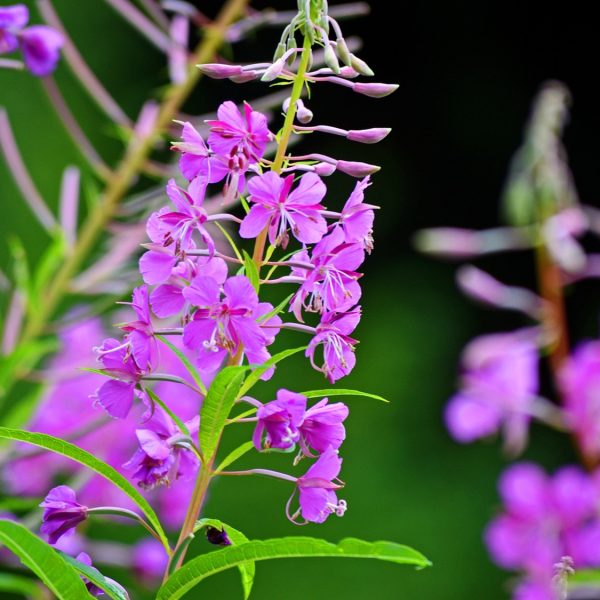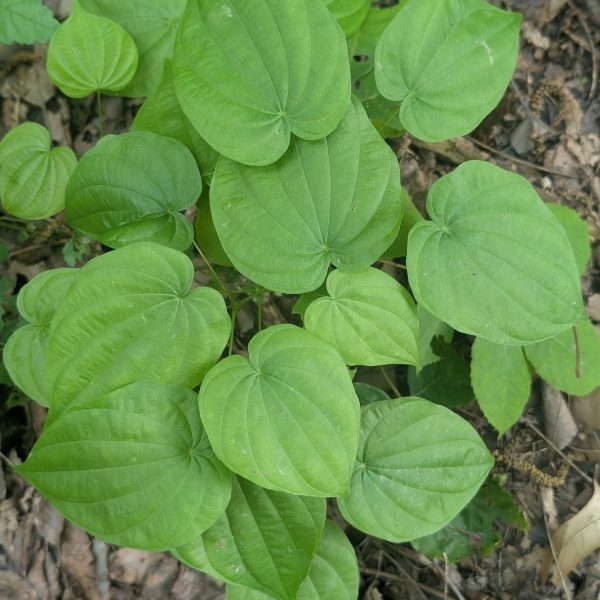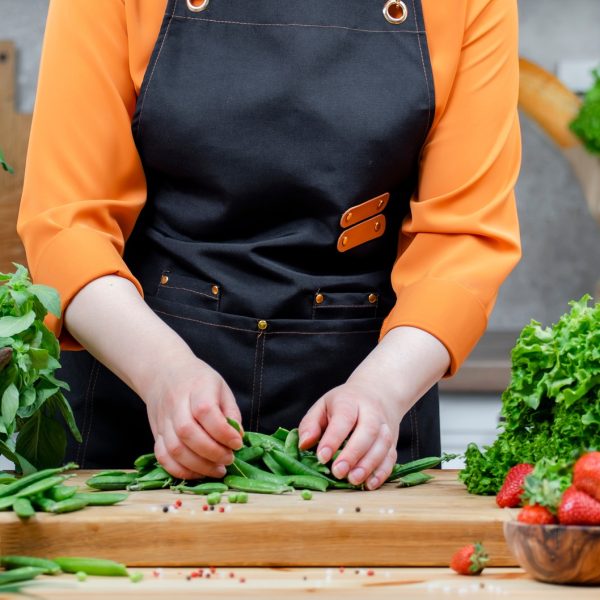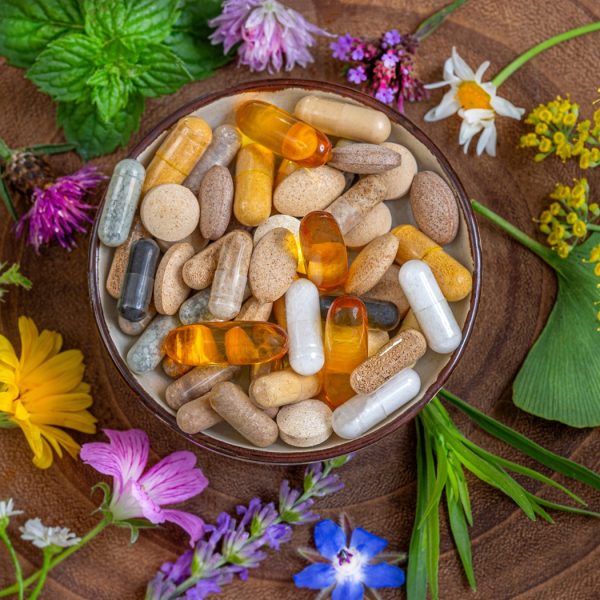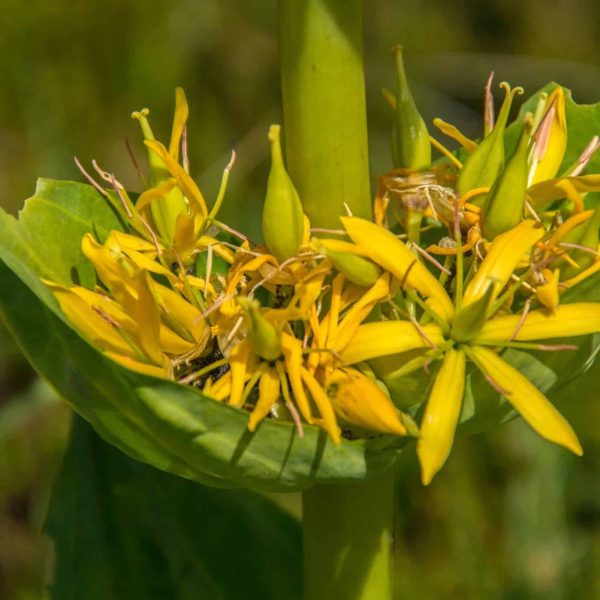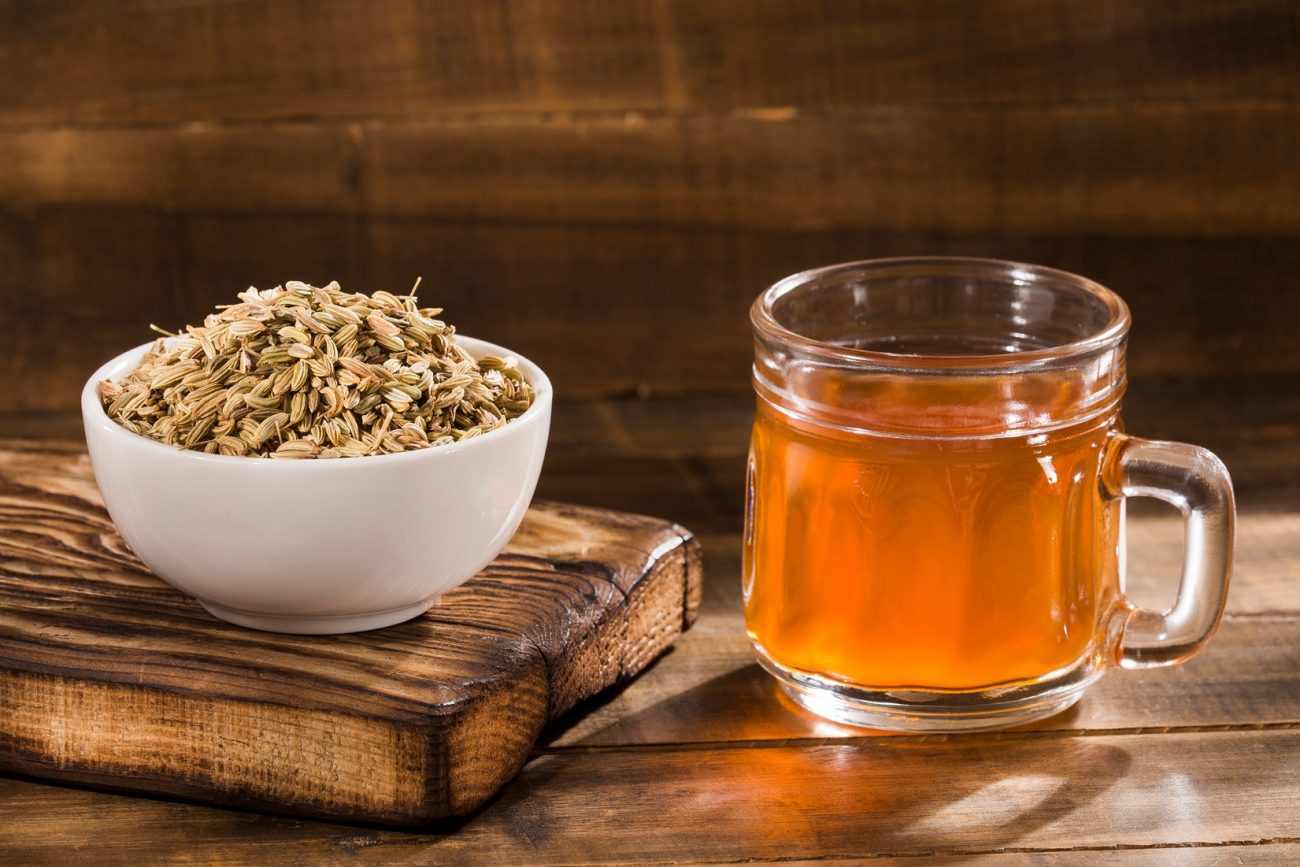
A digestive bitters mix that can be taken prior to meals that is designed to stimulate appetite and support digestive function.
20 mins prep time | 250 ml serving | Beginner | Vegan
This digestive bitters mix recipe is a simple and effective recipe to support the digestive system by stimulating bitter taste receptors throughout the digestive tract. This process stimulates the nervous system to prepare the body for digestion by increasing the secretion of certain gastric fluids.
Bitters increase the production of saliva in the mouth, hydrochloric acid in the stomach, bile in the liver and the subsequent secretion of bile by the gallbladder (1). These processes help to facilitate digestion as bile is responsible for emulsifying fats and absorbing fat soluble vitamins such as A, D, E and K (2). Through stimulating pancreatic enzymes including lipase, amylase and protease this facilitates the digestion of food and promotes nutrient absorption.
Ingredients
Equipment
- Sterilised mason jar
- 100 ml dropper bottle
- 500 ml amber glass bottle
How to make a herbal digestive tonic
- Place the dried herbs in a herb or spice blender and blend until they are finely ground.
- Cover the herbs with the alcohol and seal.
- Leave the herbs for 3–4 weeks to macerate.
- Strain the mixture through a fine muslin cloth and retain the liquid.
- Fill the 100 ml dropper bottle and retain the rest of the mix to refill the dropper bottle once it’s run out.
- Take one pipette before meals to stimulate digestion.
How to store your digestive bitters tonic
The mixture should be stored in a cool, dark place, ideally in an amber glass bottle to prevent photodegradation (damage from light).
The smaller mixture can be kept in the 100 ml dropper bottle, so it can be easily portable and taken throughout the day.
Medicinal benefits of bitter tonic herbs
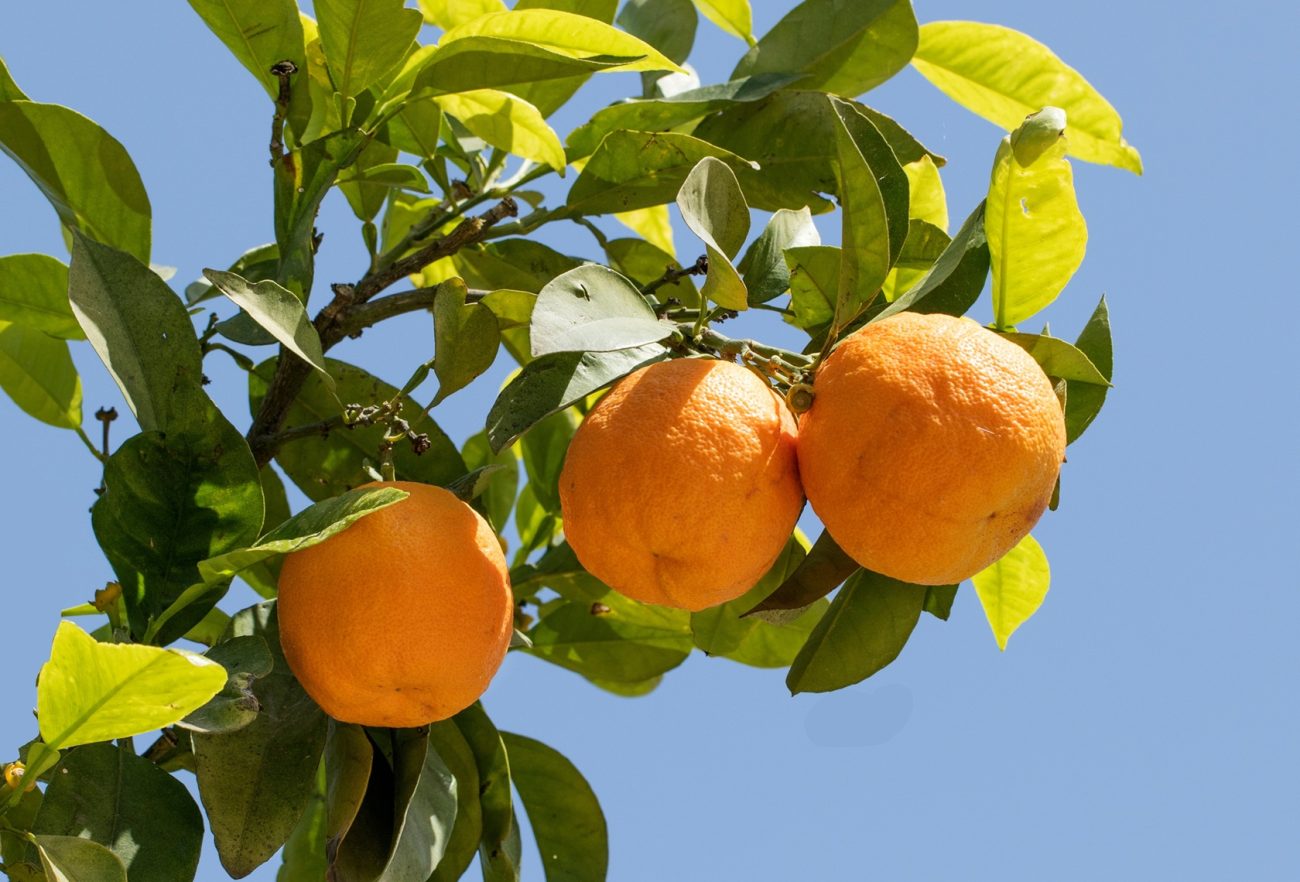
- Bitter orange peel increases the secretion of gastric fluid, including gastric enzymes and stomach acid. In traditional Chinese medicine (TCM), bitter orange peel is known to alleviate qi stagnation in the digestive tract, helping to relieve bloating, discomfort or heaviness (3).
- Angelica is a warming, stimulating and aromatic bitter which is also a sialagogue (stimulates the production of saliva). It contains high levels of bitter compounds as well as volatile oils which help to stimulate appetite and digestion as well as relieve irritation in the gastrointestinal tract (4).
- Gentian is a traditional bitter remedy known for its cooling action on the gastrointestinal tract. It is a digestive tonic which helps to stimulate bile production, helping with nutrient assimilation and appetite stimulation (4).
- Dandelion root is a gentle but effective bitter remedy with additional mucilaginous compounds. Dandelion also contains inulin which supports digestion through its prebiotic effect. Additionally, it is a liver tonic, helping to improve hepatic function and elimination (4).
- Cardamom is a warming aromatic herb rich in volatile oils which reduces inflammation in the gastrointestinal tract, stimulates digestive enzymes and reduces mucus formation (4).
- Fennel is a well-renowned digestive tonic, fennel contains multiple aromatic compounds which help to facilitate digestion, stimulate appetite and assist with the digestion of fats. It is also an antispasmodic and can help to relieve bloating, flatulence and abdominal cramps (4).
FAQs
What can I use instead of alcohol?
This recipe can also be made using organic vinegar instead of alcohol for those who wish to avoid alcohol.
When is the best time to take digestive bitters?
The ideal time to take digestive bitters is just prior to a meal for stimulation of digestive function; however, they can also be used post mealtimes to aid digestion and reduce bloating and flatulence.
References
- Bone K, Mills S. Principles and Practice of Phytotherapy: Modern Herbal Medicine. 2nd ed. Edinburgh Churchill Livingstone, Elsevier; 2013.
- Hundt M, Basit H, John S. Physiology, Bile Secretion. Nih.gov. Published 2022. https://www.ncbi.nlm.nih.gov/books/NBK470209/
- Bensky D, Gamble A, Kaptchuk D. Chinese Herbal Medicine : Materia Medica. Eastland; 1993.
- Mcintyre A. Complete Herbal Tutor : The Definitive Guide to the Principles and Practices of Herbal Medicine (Second Edition). Aeon Books Limited; 2019.

